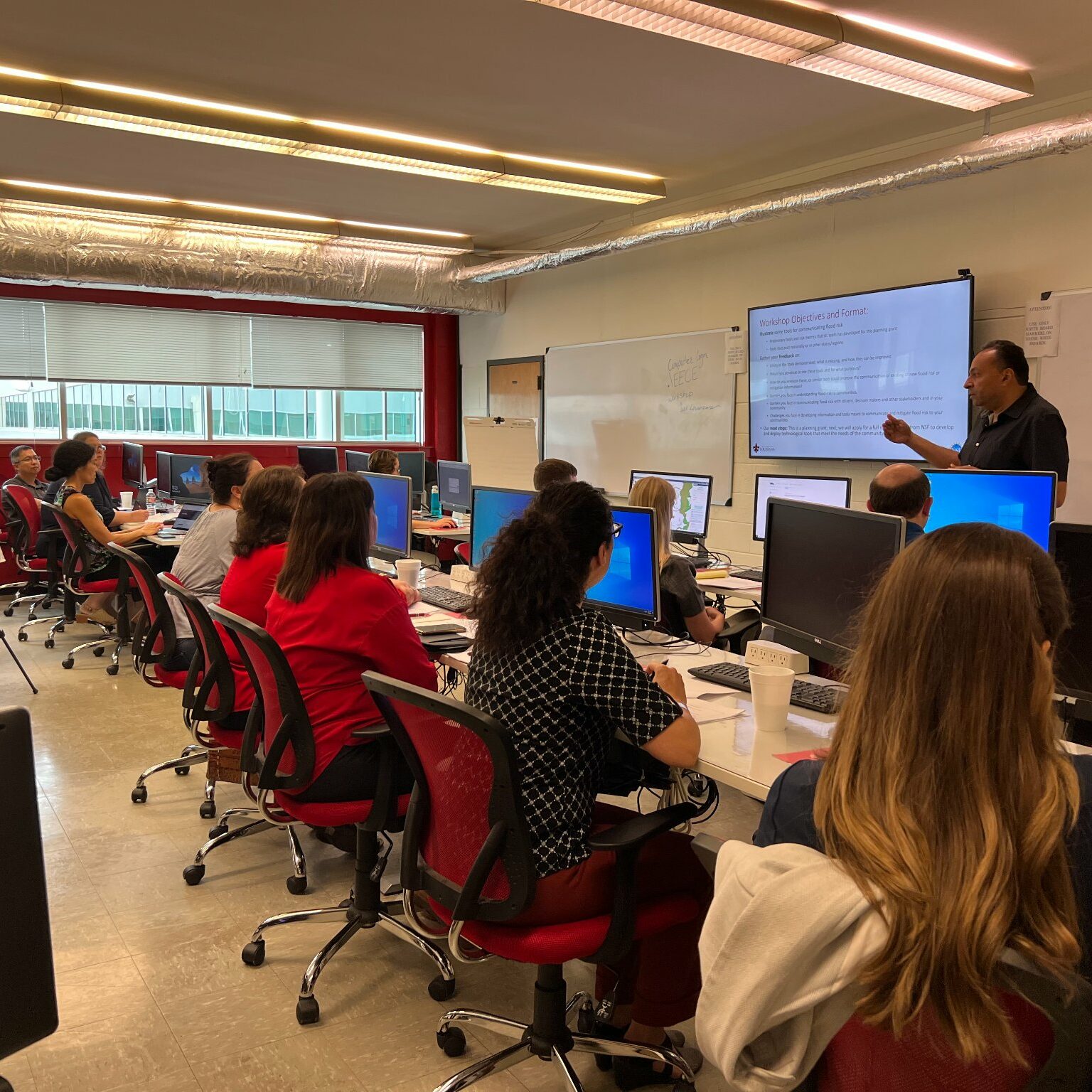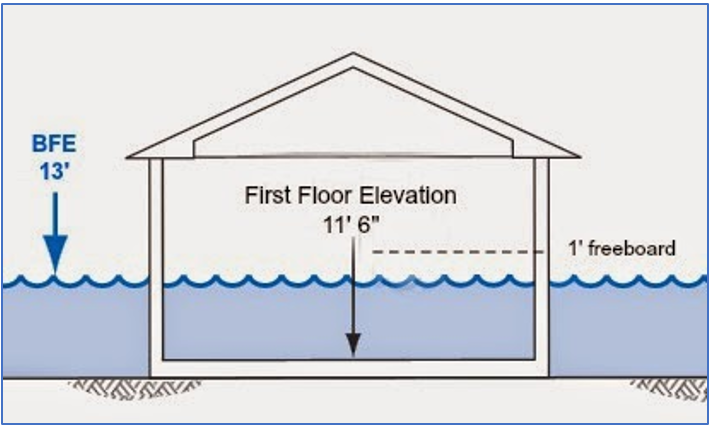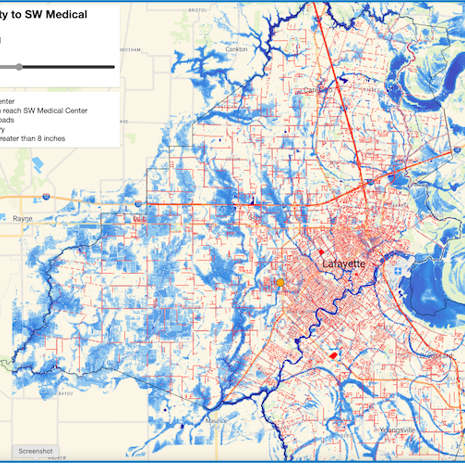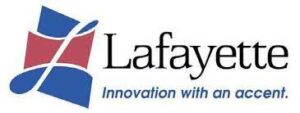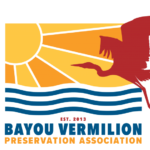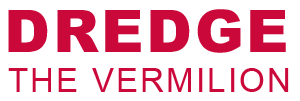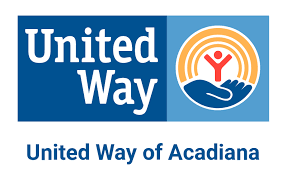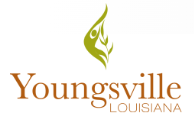Many communities lack a full understanding of the flood risk that may adversely impact them, which can lead to increased risk of flooding and a lack of engagement in mitigation efforts. Our primary hypothesis is that we can increase our community’s engagement in flood mitigation efforts by enhancing their access to and understanding of flood risk information using technology-based solutions.
Planning Grant Activities
Community Engagement
Hosted focus groups and workshops to gauge community’s perceptions and needs for new information and tools
Individual Preception
Explore current knowledge gaps about flood risk and assess motivations and challenges for engagement
Community Perception
Explore how disconnects in flood risk perceptions can impact a community’s ability to function cohesively
New Tools & Technology
Pilot new technologies and informational tools in response to community feedback for full development in a future Integrated Research Grant
Structural Damage Tool
What is the impact of flooding on my structure (home, business, etc.)?
Transportation Impact Tool
Will the flooding impact my daily routine or emergency plan?
Are roads open? Can I get to work or school?
Can I evacuate via I-10W?
Discoveries
Our study revealed a division within the community in how individuals think about the causes of flooding and the potential solutions for reducing flood risk.
The individual-centric perception of flood risk generated multiple community challenges such as: lack of awareness of elevated risk of under-resourced groups within the community; exclusion of certain populations from the definition of community; lack of trust between different stakeholders within the same community and across neighboring communities; disparity in understanding how management of flood water impacts individuals and the community as a whole; and conflicting views on the most effective flood mitigation strategies that the community should pursue.
Our research suggests that more effective flood information and resources delivered through innovative technologies, education, and continued community conversations can address some of the issues raised by our community. This framework would help community stakeholders understand flood risk and improve their engagement in mitigation efforts, which can also be applied to other communities facing flooding.
Our future research will focus on developing technology-based tools that help widen individuals’ understanding of the problems faced by those experiencing flooding across and connected to their communities and expand ideas of personal responsibility in mitigating flood risk in a community.
Project Team
Our research team includes researchers from civil engineering, hydrologists and structural engineers, social scientists, economists and planners. Our inter-disciplinary research wants to better understand the disconnect between individual and community perceptions of flood risk and how emerging technologies can bridge these gaps.



